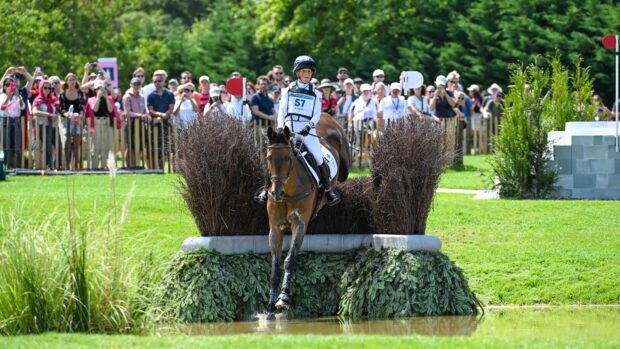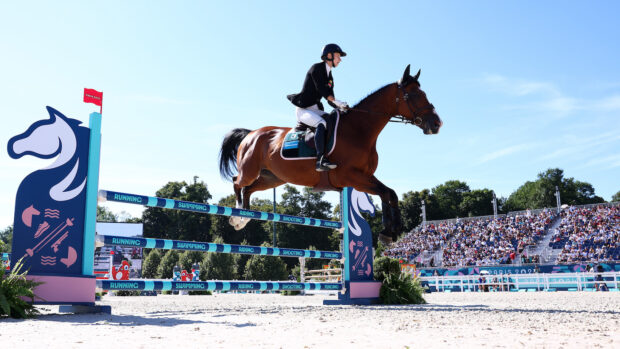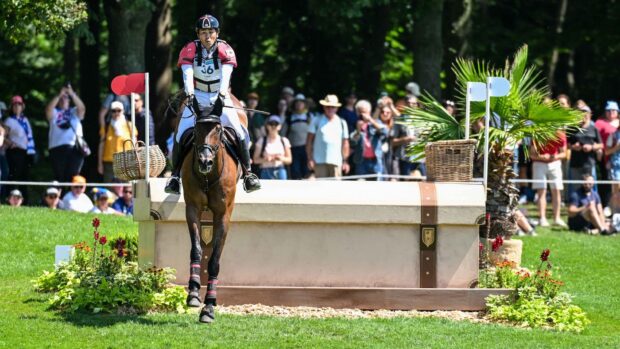Hay and straw merchants are warning horse owners to stock up on supplies now in preparation for what could be the leanest winter in 25 years.
Supplies of 2009’s hay have all but sold out and prices for this year’s first cut are already around £3.50 (for a small bale), and could double over the winter with farmers predicting poor yields due to drought.
Philip Judge, whose Stow-on-the Wold business supplies The Queen an a number of top riders, says he is bringing in French hay and expects to import 5,500 tonnes this year.
“Our hay crop is down 50 per cent. Drought is much worse for us than the wet — at least the hay grew last year.”
Julian Browning of Perry Farm in the Quantocks says his farm has had just 20ml of rain since early April.
“My grass has had half the yield of other years,” he said. “Stocks were used up in the cold spring and now with the dry weather very little grass growth has taken place.”
The dry weather has also affected straw, with wheat and barley coming to ear early while the stalks are still short — so there is less straw once it’s cut.
Straw prices have risen to around £100 a tonne — making it more expensive than wheat at just £80.
Penny Littleworth of Steve Musgrove Hay and Straw in Lincs, predicts straw will become as expensive as hay in the coming months.
“It has to go in too many directions. Farmers grow shorter stalked strains these days and the modern combine harvester breaks it up more, which means less volume for bedding,” said Mrs Littleworth.
“Some farmers sell their straw for biofuel and silage crops are down so cattle will also be fed the straw. Last year’s straw is £3 a bale now and this year’s won’t be any cheaper. I suggest people stock up now.”
Anne Hawes who runs a 30-box livery yard near Horsham, West Sussex, says she will not be suggesting her liveries move to alternative beddings, but she will be keeping an eye on the price.
“I have a lot of hunter liveries and I like them to have a big straw bed — it helps them dry off. I don’t plan to put the price up but I will review prices if it gets very expensive,” she said.
But there is good news for people looking for an alternative to straw — there has been a bumper crop of miscanthus, or elephant grass.
Stanley Dusting of Fennington Fibres in Taunton produces 180,000 bags of miscanthus processed as horse bedding every year. And due to increasing demand for the product, the farm needs to buy a further 800 acres of miscanthus cane.
He said: “With straw supplies low people will be looking to alternative bedding Ours sells at around £5.50 for 22 kilos — that’s slightly cheaper than shavings.”
This article was first published in Horse & Hound (1 July, ’10)




